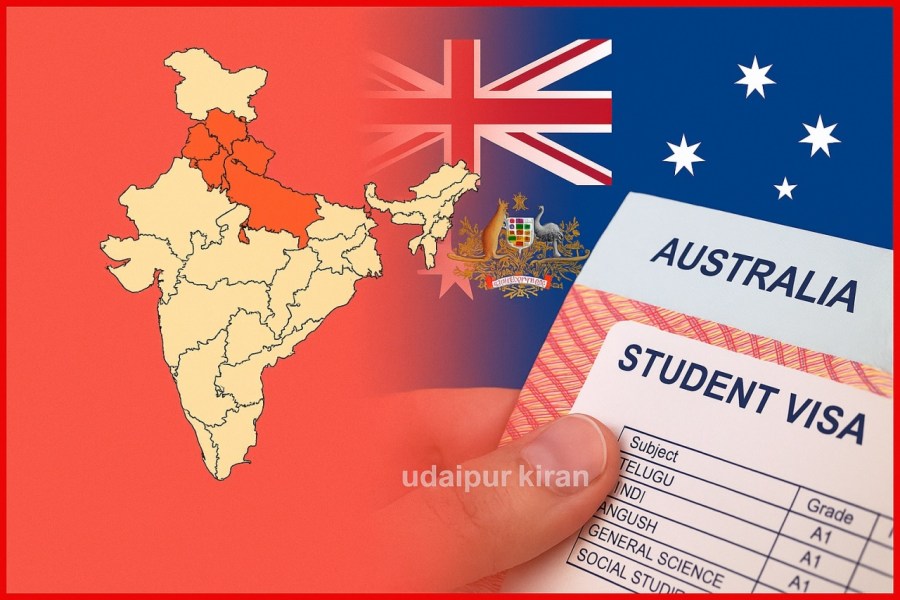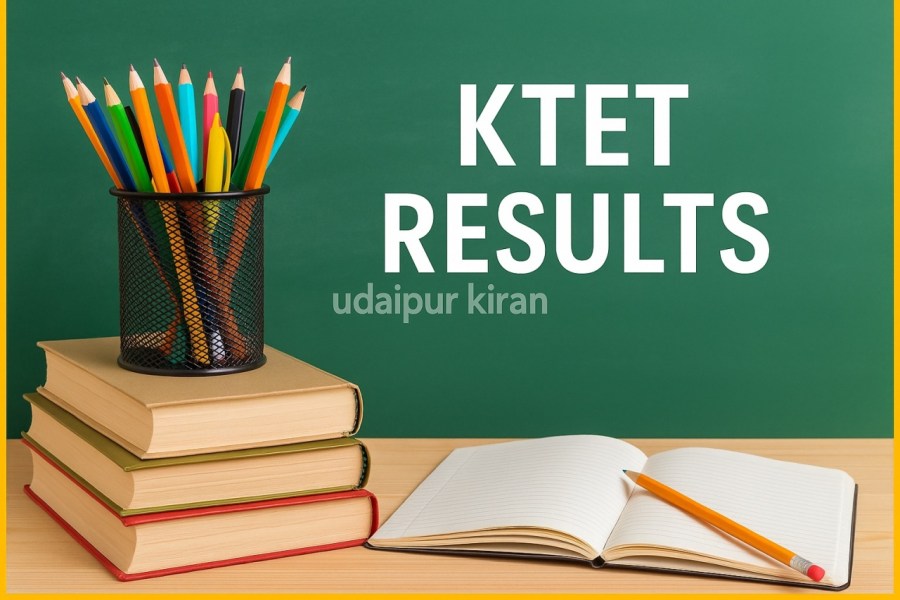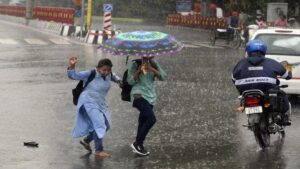Why Six Indian States Are Being Targeted by Australian Universities Over Student Visas
Sydney/New Delhi, April 21, 2025 — A surge in visa-related concerns has prompted several Australian universities to either pause, restrict, or increase scrutiny on student visa applications from six Indian states: Punjab, Haryana, Uttar Pradesh, Rajasthan, Gujarat, and Jammu & Kashmir. The decision, though not uniformly enforced across all institutions, marks a significant shift in how international education is navigating the crossroads of ambition, migration, and regulation.

Mounting Concerns Over “Non-Genuine” Student Applications
At the core of this policy shift is growing apprehension within Australian academic and immigration circles about the misuse of student visa pathways. While Australia’s education sector has long been a magnet for Indian students, officials are now flagging an alarming rise in “non-genuine” applications — where education appears to be a cover for migration or unauthorized employment.
The Department of Home Affairs has intensified its pressure on universities to verify the credibility of international applicants. Institutions are now expected to go beyond academic transcripts and delve deeper into applicants’ intentions, financial proofs, and documentation authenticity.
Why These Six States? A Data-Driven Decision
The six Indian states singled out have repeatedly surfaced in visa fraud investigations. Common red flags include:
-
Fake or inflated financial documents
-
Counterfeit academic records
-
Links to unregulated or unethical education agents
These patterns have emerged over several admission cycles, leading Australian authorities and universities to adopt a more risk-based approach to student admissions. The presence of overseas consultancy networks in these regions — some offering dubious fast-track migration options — has further eroded trust.
While not all students from these areas are complicit, the scale of irregularities has led to blanket restrictions or intensified screening, leaving many genuine aspirants caught in the crossfire.
Universities Respond: Reputation Over Revenue
Under pressure to safeguard their global reputation and avoid potential government sanctions, universities are taking preemptive action. Measures include:
-
Suspending applications from high-risk regions
-
In-person or online interviews to verify student intent
-
Stringent document verification processes
-
Enhanced monitoring post-arrival
The primary goal is to maintain institutional integrity. In the eyes of many university administrators, short-term caution outweighs the long-term risk of being viewed as complicit in visa fraud.
India’s Reaction: A Brewing Diplomatic Concern
India is one of Australia’s largest sources of international students, contributing significantly to the latter’s education economy. The sudden restrictions have raised concerns among education consultants and government officials, who warn that the move could strain bilateral ties and disrupt upcoming admissions.
Calls are mounting in India for tighter regulation of education consultancy services and a centralized vetting system to ensure the legitimacy of outbound applications. Meanwhile, Australia faces the challenge of maintaining border integrity without alienating a key partner in its international education framework.
The Bigger Picture: A Global Education at Crossroads
This development is part of a broader international trend where student mobility is being reevaluated amid rising concerns over immigration misuse. Universities, once gateways to global opportunities, are increasingly expected to serve as gatekeepers of migration ethics.
Yet, experts emphasize the need for nuanced policies that differentiate between systemic abuse and individual aspirations. With sincere collaboration between institutions, governments, and students, both countries can rebuild trust and reinforce the values that define global education: access, authenticity, and accountability.





















